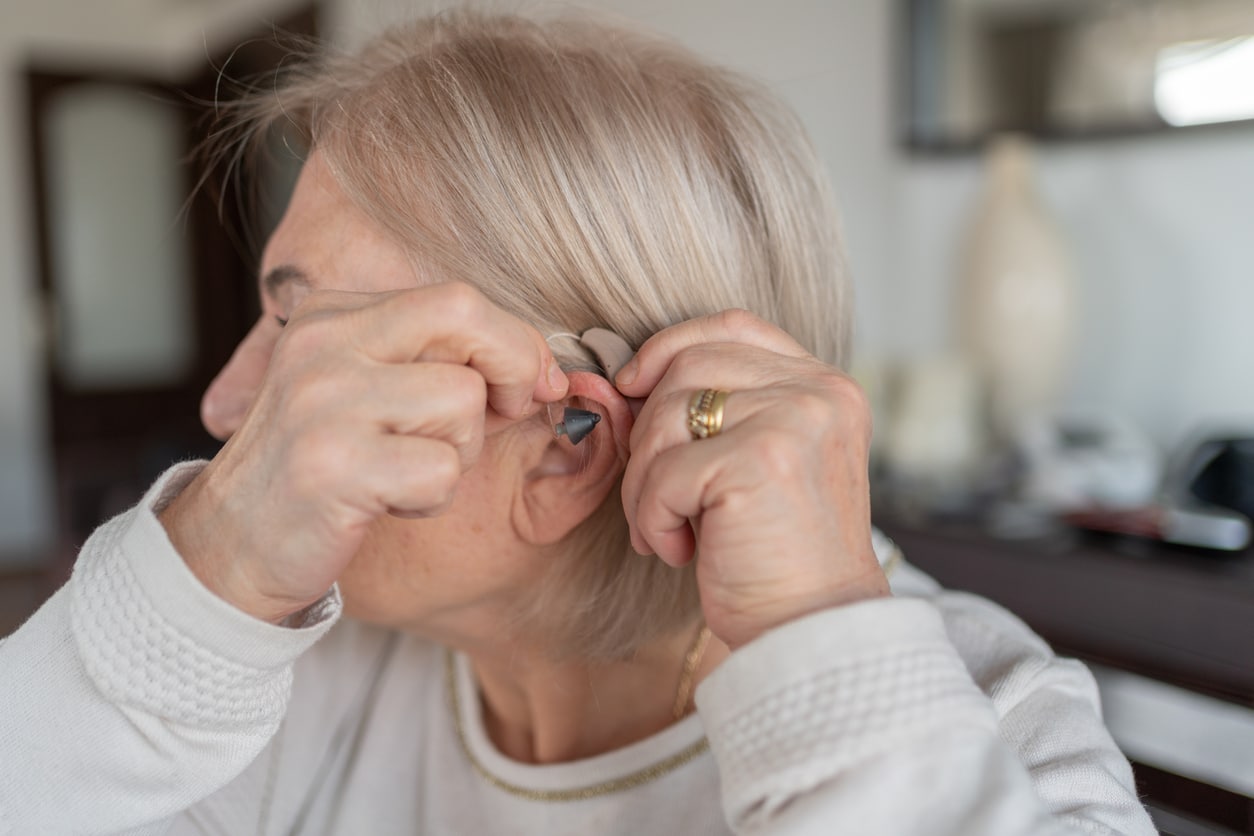People may not often think about their hearing health, let alone how hormonal changes may impact it. Interestingly, research suggests that fluctuations in hormone levels, especially estrogen, may impact how well people can hear.
The Link Between Hormones and Hearing

Hormones act as chemical messengers that influence many bodily functions, including circulation, nerve function and metabolism. Estrogen plays a role in maintaining blood flow to the inner ear, which is crucial for healthy hearing. When estrogen levels fluctuate, so can hearing sensitivity.
Menopause and Hearing Shifts
As women approach menopause, their estrogen levels naturally decline, leading to potential hearing-related effects such as:
- Increased risk of age-related hearing loss: Less blood flow to the inner ear may contribute to gradual hearing decline.
- Heightened risk of tinnitus: Some women experience persistent ringing or buzzing in their ears.
- Challenges in noisy environments: It may become more difficult to distinguish voices in crowded spaces like the Lazy Betty restaurant or events.
Pregnancy and Hearing Sensitivity
Pregnancy brings a surge of estrogen and progesterone, which may cause temporary hearing changes, including:
- Ear fullness or mild hearing loss: Increased fluid retention can make sounds seem muffled.
- Increased sensitivity to sound: Everyday noises may suddenly feel louder or more irritating.
- Temporary hearing shifts: Hormone fluctuations may lead to short-term auditory changes that resolve after childbirth.
Taking Charge of Your Hearing Health
If you notice hearing changes due to hormonal fluctuations, staying proactive is key. Regular hearing check-ups can help you manage any changes early on.
If you’re experiencing hearing concerns, schedule a consultation with a hearing specialist today at Advanced Hearing today.


